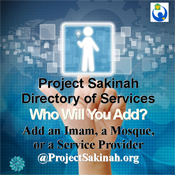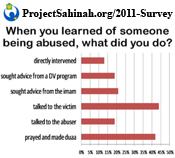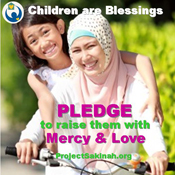
|

|

|
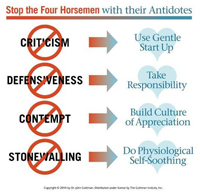
|
|
|

Disagreements and complaints are inevitable in marriage. There are three types of couples that handle situations of conflict differently:
- Validators: This couple has good listening skills … they rarely interrupt each other … they paraphrase to insure they understand each other and so on. They work things out to the mutual satisfaction of both.
- Avoiders: This couple agrees to disagree. They rarely confront differences head on. They dislike conflict very much; consequently they are very attentive to each other so they can avoid conflict as much as possible. They often claim they never have conflict. The real truth is … avoidance is how they deal with conflict.
- Volatile: In this conflict style, couples have passionate disputes. They have a deep unspoken belief that raising ones voice in an argument is a normal and understandable way of dealing with conflict. They believe that conflict is a normal part of life. They even enjoy a good fight once in a while. For more on styles of conflict, see www.free-relationship-advice-secrets.com/conflict-styles.html
Interestingly, all of these styles of handling conflict can work equally well – none is, in itself, an indication that a marriage is in trouble. What matters is not that there is no conflict, what matters is that the number of negative interactions are far outweighed by the number of positive ones. The research shows that keeping a relationship healthy requires a ratio of about 5 positive interactions for every negative one.
In other words, the couples who are happiest, have plenty of positive interactions to counteract the arguments, disagreements, and problem areas in their relationship. This doesn’t mean they ignore their problem areas, but they do plenty of other things that are positive and help build the relationship so that the problem areas don’t become overbearing.
Ramadan is a time when we tend to be more reflective and contemplative. Use the gift of Ramadan to start paying attention to how you interact with your partner. Are most of the things you say complaints, criticisms, and things that are bothering you? Or, do you take time to let your partner know how much you appreciate them, compliment them, and thank them for the things they do for you? Try to notice how often you say or do something negative toward your partner and start to get a feel for the balance between negative and positive. For more on “the magic ratio” see RelateInstitute.com/simple-secret-happy-marriage.
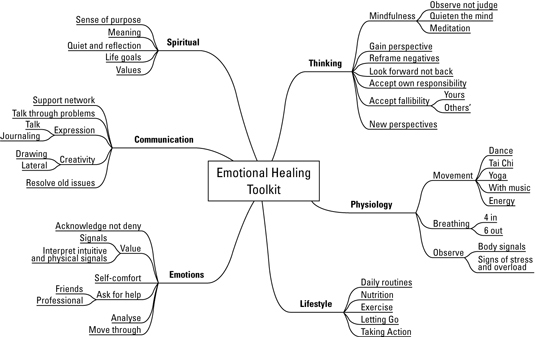
|
|
|
There are times when we feel that our marriage is stuck in its tracks, not evolving or progressing. We often struggle to find a way to make it better. Especially when we’ve been in a marriage for a long time, we tend to get hurt, emotionally, again and again. As with physical healing, emotional wounds also heal in stages. However, your heart can’t begin repairing until you’re ready to recover. But unlike the process by which a physical injury heals, emotional healing doesn’t follow a set pattern. If you really want to heal emotionally, you’re going to need support. Of course all support comes from Allah, subhana wwa ta’Ala, through the support of family, friends, and even professionals. Emotional healing requires good listeners, wise counselors, and someone to help you keep things in perspective.
Protecting Our Children from Common Child Abuse

Discussion of child abuse as an ordinary occurrence, when we aren't aware of what triggers us and don't have sufficient knowledge of child development.
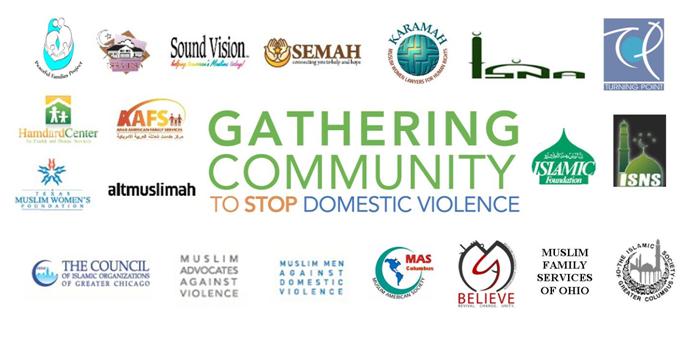
You are recieving this email because you either met one of us or registered for
it on our website.
Dar al Islam P.O.Box 180 Abiquiu, New Mexico 87510
Want us to buzz off? You can unsubscribe anytime.
Copyright © 2015 All rights reserved.
View
| Forward
| Subscribe



